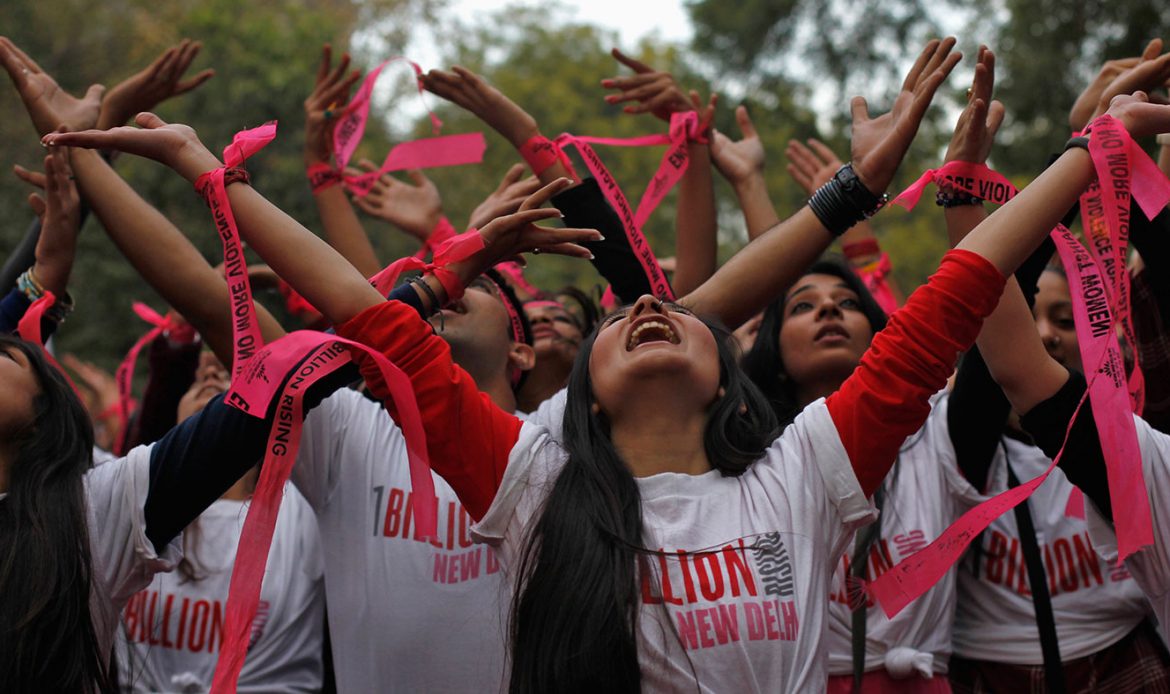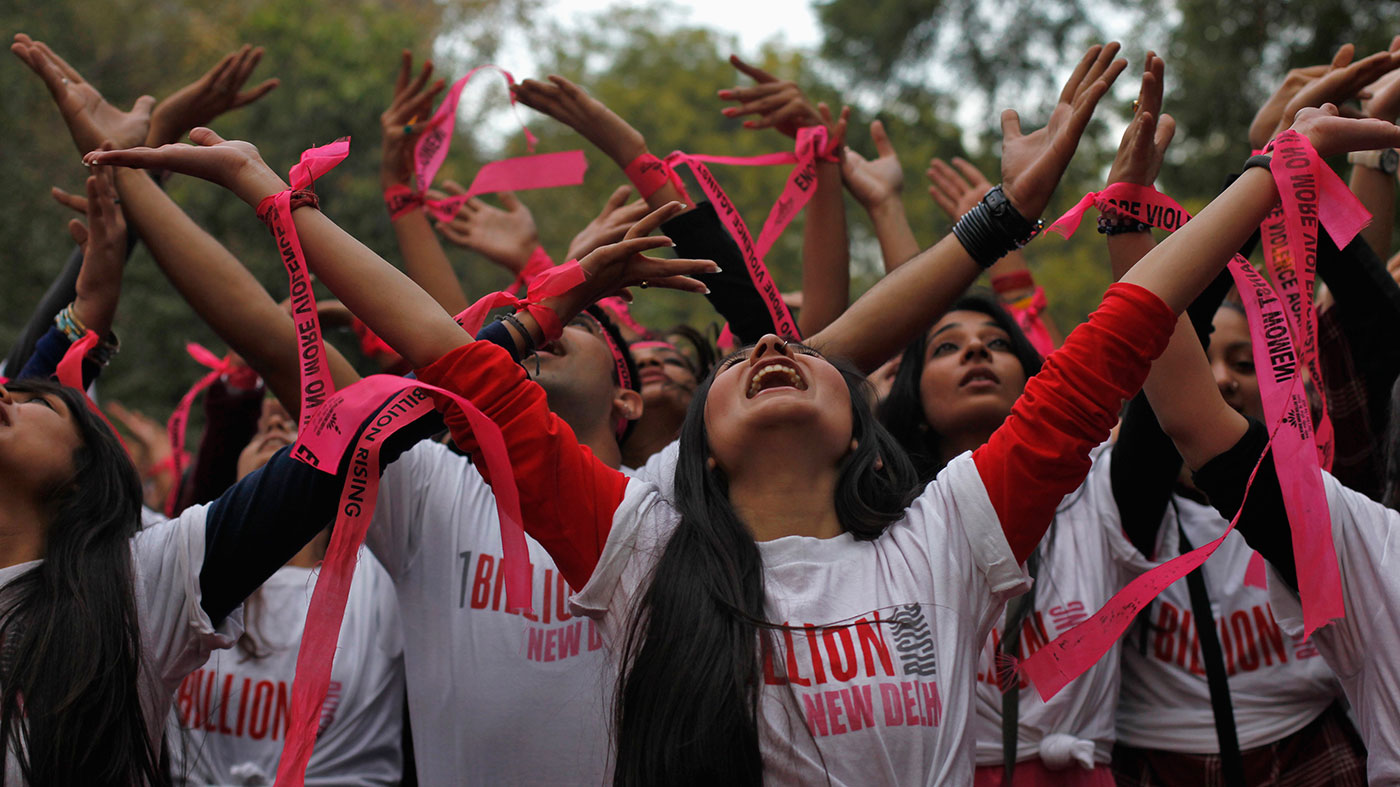
Source: IM-Defensora
IM-Defensoras’ reflections on self-care, collective care, and healing over these ten years are condensed into a political perspective with the following principles:
1 – The personal is political. This maxim leads us to see ourselves as political subjects that practice for ourselves what we desire for other people. It entails a personal review and a collective reflection about the sacrificial style of activism and the asymmetric relationships between compañeras themselves. We must recognize the political causes of what affects us in the private sphere (illnesses, family problems, insecurity, physical attacks, etc.). We understand our body as a political territory, what takes place on our territory affects our bodies and what happens in our bodies affects the territory. We understand our body as that which sustains life but also as an entity that accompanies others and that receives accompaniment.
2 – What’s the point of revolution if we can’t dance? With this phrase, we reclaim women defenders’ right to joy, pleasure, and enjoyment of our own bodies, the right to strengthen creativity and forge significant human bonds within the movements in which we participate. These rights make up the world that we for which fight. We contribute more from a place of joy and life than from a place of exhaustion or death.
3 – Spaces for activism and defending human rights are our strength, but they are not idyllic. Recognizing this point entails a constant review of how patriarchal domination, discrimination, and sexism are reproduced – even without being fully aware of this – in our own organizations and movements.
4 – Human rights and justice activism is not a sacrifice. This principle invites us to reflect on whether, really, the task we need to do is so important or urgent that it cannot wait until we eat, sleep, rest, or enjoy for a while; on whether praising the notion of “giving one’s life for…” as a value is strategic for our struggles. No matter how big our effort, and even if we spent our entire lives on it, the reality we face goes beyond us individually and it is only through collective work and caring among ourselves that we will succeed at advancing our dreams. We must mention that doing a lot and reproducing the logic of productivity does not mean that what we are doing is more effective or creative, nor that it will achieve the impact we need. In our eagerness to do more, women defenders often end up physically and mentally exhausted, which inhibits our capacity for response and attention.
5 – Wellbeing is not a privilege; it is a right. For many women defenders, thinking about moments of rest, distraction, and relaxation is a luxury that they cannot afford or that they think they do not deserve. Experience has shown that when women defenders are affected by stress, sadness, rage, or fear, the security risks to ourselves, our families, and our organizations increase, since this reduces our capacity to be alert and to identify threats against our integrity in a timely manner decreases. This also increases conflicts inside groups and organizations.
6 – Neither money nor time is a limitation. IM-Defensoras promotes a type of self-care that leverages wisdoms and resources that are accessible because they do not require significant amounts of money; instead, they require willingness and time to dedicate to oneself, individually and collectively. This does not take away the responsibility of organizations, the State, and foundations to create the necessary conditions for the women defenders’ wellbeing, to the extent that they are each concerned. Nor does it mean that we do not recognize the double and triple shifts that many women defenders must take on, but we aim to dismantle all structures of oppression that exhaust us and place our wellbeing at risk.
7 – Each person and collective knows what they need. It is impossible to standardize what each woman defender, collective, or organization needs to achieve their wellbeing. This is why we promote reflection, dialogue, exchanges of wisdoms and experiences, so that each one can establish what they require based on an honest assessment of their own needs.
8 – Self-care is personal and collective. In order for the personal care of each woman defender to transform into a lifestyle, the groups in which we interact (family, organization, community) must reach agreements and implement measures that encourage care: fair distribution of care work, respect for working days and hours, set compensation for time, rest periods, and develop mechanisms for peaceful conflict resolution, among others. Changing these group practices is essential in order to strengthen our movements based on the wellbeing of their participants and to promote a healthy and joyful activism.


